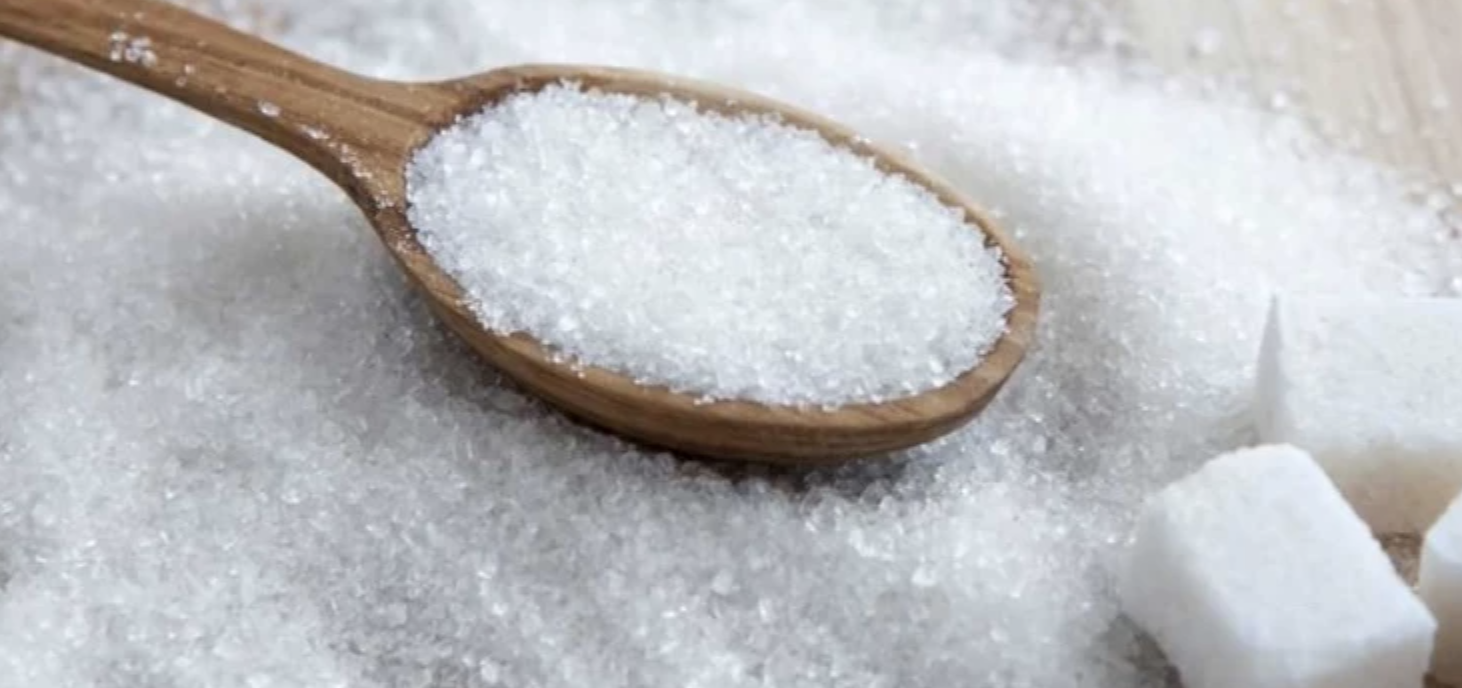
If your goal is to reduce sugar in your diet, then limiting consumption of regular soda, candy, and other high-sugar foods is always a good idea. However, there are less obvious high sugar culprits that many of us consume without thinking twice about, and cutting down on these can be much more tricky. When faced with this challenging reality, you may decide to turn to the plethora of sugar substitute options available on the market to assist in making the transition to eating less sugar-dense foods.
Sugar substitutes are sweeteners that used instead of regular table sugar (sucrose). Artificial sweeteners are just one type of sugar substitute. The topic of sugar substitutes can be confusing, mostly thanks to the terminology used in marketing; some manufacturers call their sweeteners “natural” even though they are processed or refined. These products might come from natural substances, but after processing, their true source becomes practically irrelevant.
Artificial vs. (truly) Natural Sweeteners:
So, if many “natural” sweeteners are essentially artificial, what gives? Artificial sweeteners are a bit of a controversial subject in the scientific community. Some research has linked various artificial sweeteners to cancer, but a lot of these studies are older and now have less backing. But does this mean they are completely safe to consume? There is not yet a clear answer.
However, there are potential negative effects that some have experienced with regular consumption of certain artificial sweeteners. Research suggests that they may prevent us from associating sweetness with caloric intake. As a result, we may crave more sweets, start to choose sweet food over nutritious food, and then gain weight. This is because many sweeteners, such as aspartame and saccharin, are far more potent than table sugar and high-fructose corn syrup. A tiny amount produces a sweet taste comparable to that of sugar, without comparable calories. People who regularly consume artificial sweeteners may start to find less intensely sweet foods, such as fruit, less appealing, and savory foods may become unenjoyable.
When are non-sugar sweeteners a good idea?
After weighing the pros and cons, an artificial sweetener may prove to be a good choice depending on your situation. However, it may be a good idea to a) choose a sweetener that is closer to a truly natural option, and b) find a 1:1 sugar replacement to avoid extreme sweetness from more intense alternatives.
For a low-calorie option, our brand of choice is the Lakanto monk fruit and erythritol blend. It comes in a “golden” version to replace golden or brown sugar, and a regular white type that looks and tastes just like granulated sugar. The reason why this is our favorite option is due to monk fruit extract being a truly natural sweetener. It is high in unique antioxidants called mogrosides, which actually causes it to be very intensely sweet (about 200x sweetener than regular sugar!). Erythritol is about half the sweetness of sugar, making this a combo match that recreates the flavour of sugar very well.
Sugar alcohols, also called polyols, are a type of carbohydrate whose structure resembles both sugars and alcohol (but contain no ethanol). Erythritol is a sugar alcohol, however it is a bit different than the other sugar alcohols. Most of it gets absorbed into the bloodstream before reaching the colon. It is generally considered one of the healthiest sugar alcohols. It’s calorie-free, doesn’t raise blood sugar levels and is less likely to cause digestive upset than the other sugar alcohols.
Leave a Comment
You must be logged in to post a comment.



0 Comments